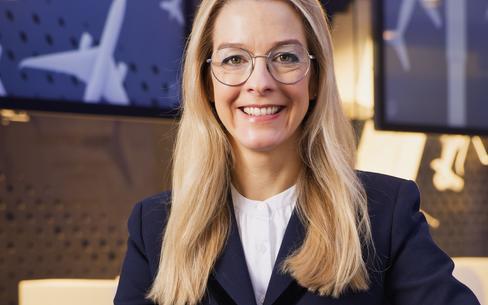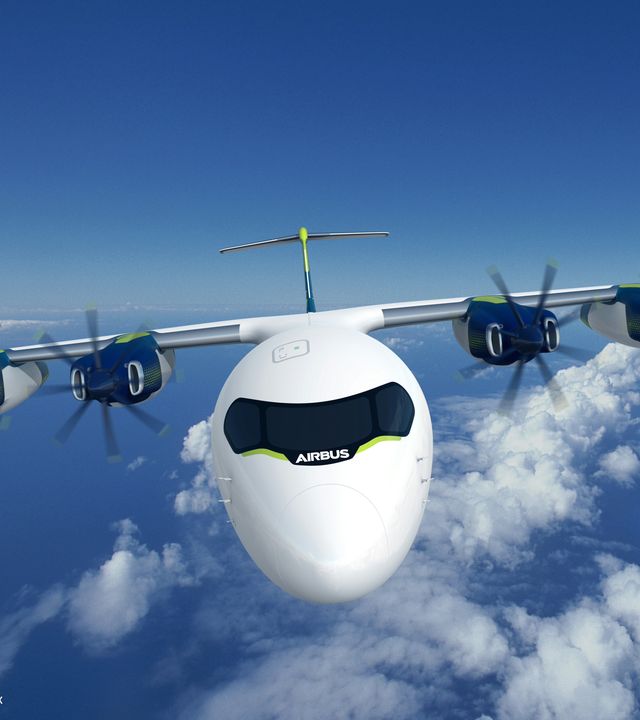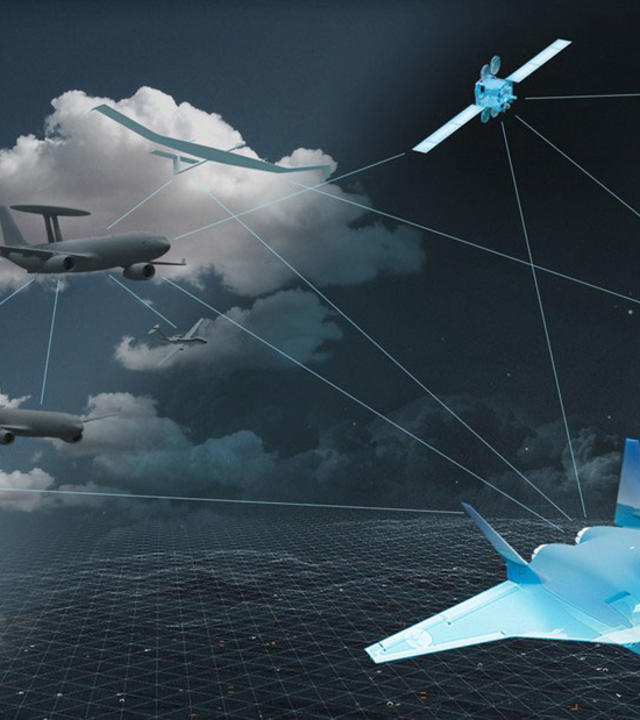About us
The Airbus Berlin Public Affairs team plays a pivotal role in fostering positive relationships between Airbus and key stakeholders in the vibrant city of Berlin. We are proud of the significant presence of Airbus in Germany - with 29 sites all over the country and almost 50,000 colleagues.
Our work is instrumental in advancing disruptive technologies and innovative solutions for the global aviation industry as well as the German aerospace sector. Committed to transparent communication and community engagement, the team operates at the intersection of government relations, corporate communication, and public policy. Leveraging its expertise, the team navigates complex regulatory landscapes, ensuring that
Airbus remains aligned with local policies and values, enhancing Airbus's presence in Berlin while contributing to the overall success of the company's operations in the region.
What we do
Documents for download
Documents
Brochure Airbus in Germany
Documents
Brochure Airbus in Germany
The Airbus Hub @ Berlin Team
Get in touch with the Airbus Public Affairs Germany team below.
For media inquiries please refer to our Media Relations team.

Claudia Oeking
Head of Public Affairs Germany

Henrik Brethauer
Head of Export Support and Foreign Trade

Kevin Amponsah
Content Manager / Parliament Liaison Officer

Oliver Haack
Director Public Affairs Germany Airbus Commercial

Viggo Nicolaisen
Director Public Affairs Germany Office Bonn

Alexander Renner
Director Public Affairs Germany Airbus Defence and Space

Christina Reich
Assistant to Head of Airbus Public Affairs Germany - Berlin Office

Lilian Langness
Assistant Airbus Public Affairs Germany - Bonn Office
Latest news from Berlin
-
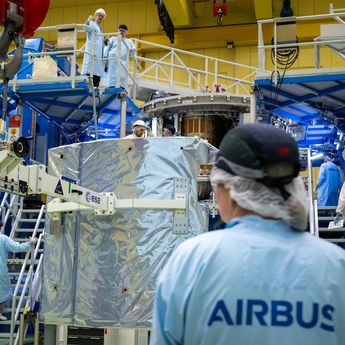
Airbus ships fourth European Service Module for Artemis IV
Press Release
Space
Fourth European Service Module (ESM-4) is ready to leave Airbus’ facilities in Bremen, Germany, and be shipped to NASA’s Kennedy Space Center, Florida, USA -

Germany orders 20 new Eurofighters to strengthen air superiority
Press Release
Defence
-
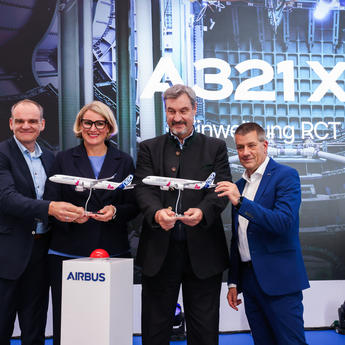
Airbus opens new production hangar at its Augsburg site
Press Release
Commercial Aircraft
-
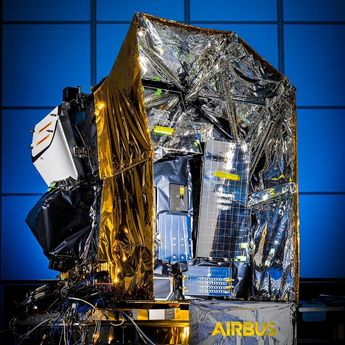
Successful launch of Airbus-built Sentinel-4 onboard MTG weather satellite
Press Release
Space
-
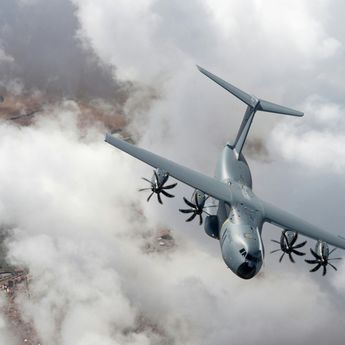
More safety for A400M crews: Airbus signs contract to equip German Air Force A400Ms…
Press Release
Defence

